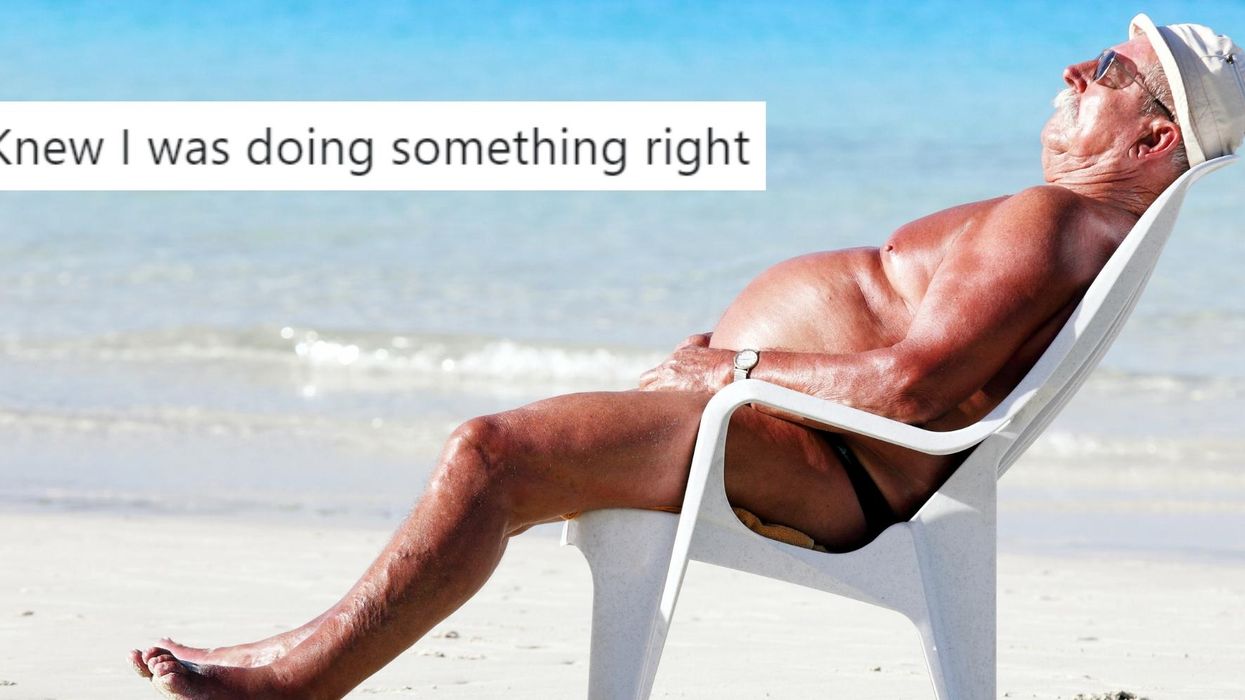
The slumber-prone among us can finally rejoice.
Research undertaken at the University of Bristol suggests that short periods of sleep might actually enhance our cognitive skills and help us make difficult decisions.
The small study goes some way to proving that "sleeping on" a problem might actually work.
Scientists found evidence to suggest that during a nap, our brains turn information that we initially have unconscious knowledge of into something we are fully and consciously aware of.
Dr Liz Coulthard, Consultant Senior Lecturer in Dementia Neurology at the University of Bristol Medical School said:
"The findings are remarkable in that they can occur in the absence of initial intentional, conscious awareness, by processing of implicitly presented cues beneath participants' conscious awareness."
In the study, the 16 healthy participants were given two tasks.
Firstly, researchers showed the participants information, but "masked it", so that it was never consciously recognised, but processed on a subliminal level within the brain.
The scientists measured how much this subconscious information interfered with responses to consciously received information.
The second task was "active", in which participants were asked to respond to whether they saw a blue or red square cross a screen
Following this, the participants either took a 90-minute nap or stayed awake before repeating the initial task again.
By way of an EEG, the scientists measured changes in brain activity before and after the nap.
They found that sleep improved the participants' processing speed in the "masked task" but not the "active" task.
This suggests that sleep can help our brains to process information that enters our subconscious.
So while it's already scientific knowledge that our memory is strengthened during sleep, this study suggests that information acquired during our waking lives could be processed in an even deeper way while we sleep.
Dr Coulthard says that further research with a larger sample size is now needed to investigate the underlying neural mechanisms at work and to compare if and how findings differ between ages.













